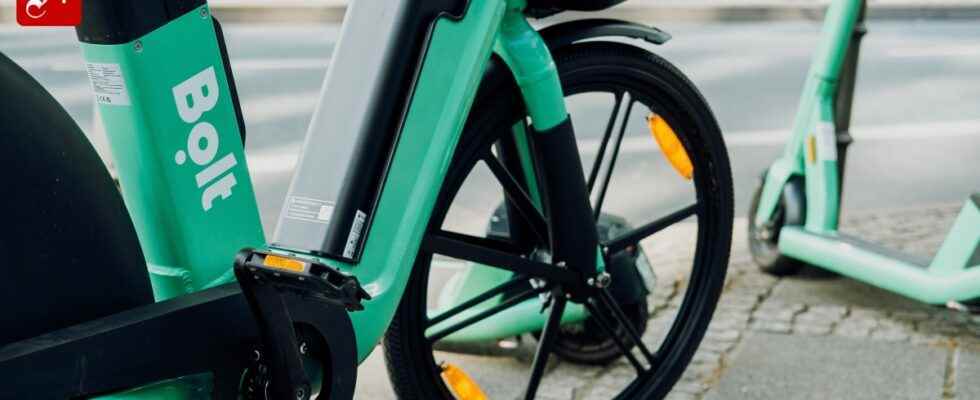WSpending time in the Estonian capital of Tallinn, Bolt cannot escape. The mint green e-scooters or e-bikes from the Estonian start-up are on every street corner. The streets of Tallinn are filled with the company’s rental cars. And anyone who wants to order food or supermarket items to take home can – of course – use the Bolt service. Bolt is an Estonian success story. Investors most recently valued the company, which was founded in 2013 as a digital taxi alternative, at 7.6 billion euros. It employs more than 3,000 people around the world and is active in 45 countries in Europe and Africa – since 2021 also in Germany. Bolt is not the only example of successful Estonian startups. Estonia has produced ten unicorns, i.e. companies that are valued at at least one billion euros – in a country with 1.3 million inhabitants. These include the money transfer provider Wise or the software company Pipedrive. In order to market its successes, the small country has invited a group of foreign journalists and proudly presents its start-up scene.
In Tallinn’s Telliskivi district there are hip co-working spaces and start-up offices that almost make Berlin-Mitte look pale. For comparison: Germany currently only has 26 unicorns, despite a population that is a good sixty times higher. Per population size, Estonia has the highest unicorn rate in Europe. In general, Estonians are extremely willing to start a business. There are 865 start-ups for every million people here. The EU average is 190. How did this small country in the Baltic States have such an active start-up scene?
